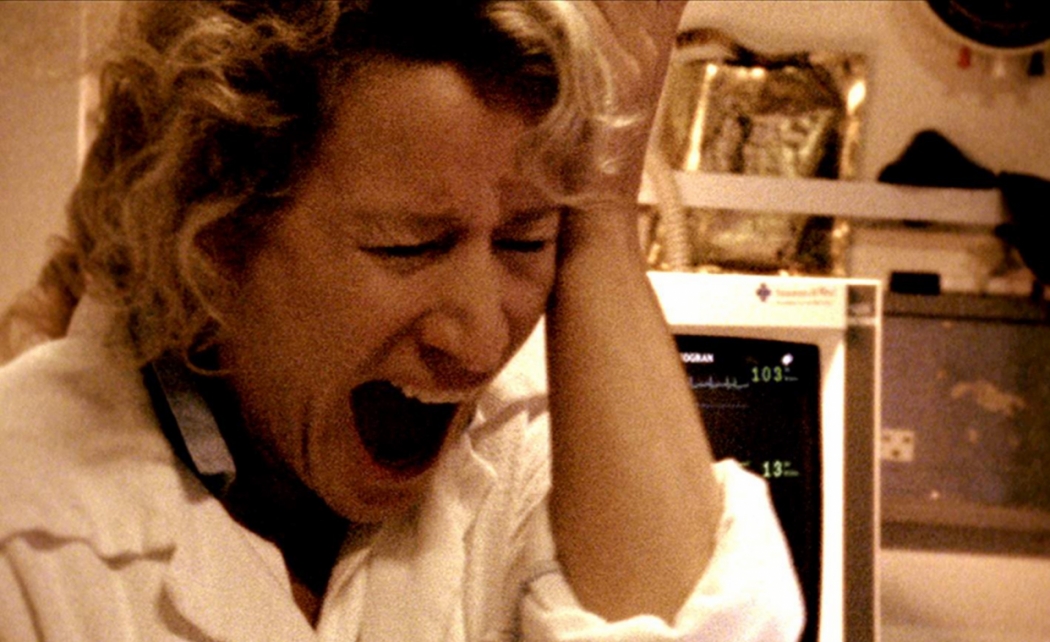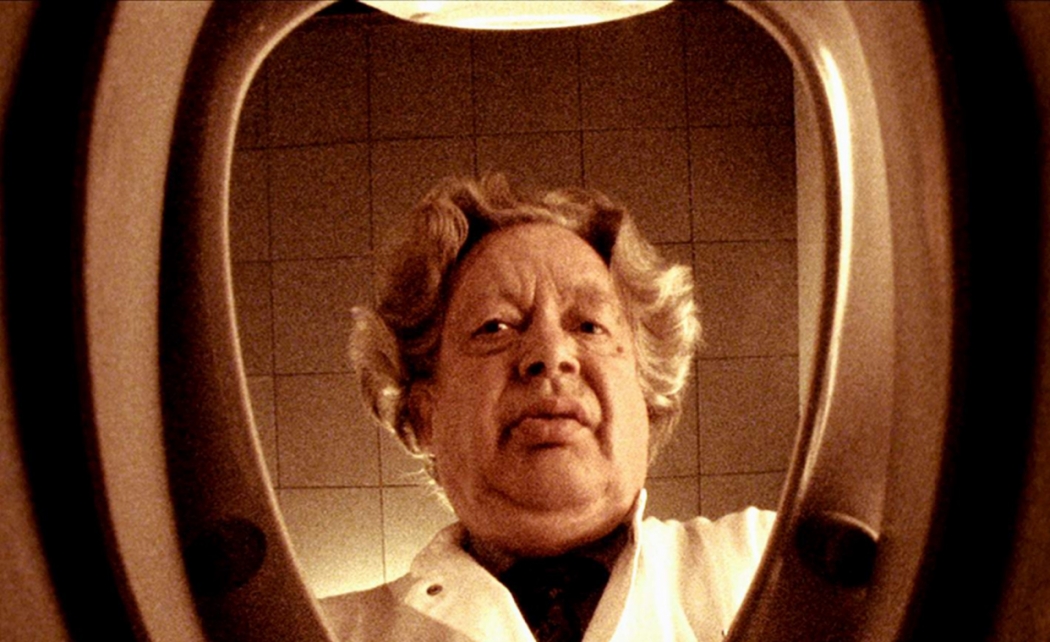The Kingdom, episode 4: The Living Dead
Evil spirits awake in Copenhagen’s Kingdom Hospital – demons haunt the building, spirits of the dead roam its corridors. To cover up his professional incompetence and take revenge on Dr Krogshøj, unlovable Swedish surgeon Stig sets off for Haiti in search of a legendary potion that will turn his adversary into a devoted zombie. Eccentric patient Drusse wants to assuage the anguish of the spirit of little Mary who died in the Kingdom many years earlier, and Dr Judith Petersen begins getting unsettling signals that her son’s father is not what he purported to be. What’s worse, something bad is happening with the embryo.
Drenched in grotesque horror, The Kingdom takes cues from both horror cinema and popular drama series. Formally, the visuals have a Dogma-like ‘dirty’ quality: the film is shot with a hand-held camera, has no artificial lighting, etc. This is how a miniseries can be made to carry out the agenda of artistic cinema. Von Trier plays with the convention, adding recaps of previous episodes and the director’s commentary on what is going to happen and summing up the events. Thanks to von Trier’s directing talent and the atmosphere he conjures, one can watch The Living Dead without seeing the other episodes. But we forewarned – once you watch this episode, you will want to watch the rest.
Tomasz Kolankiewicz
This screening will be presented together with White Zombie by Victor Halperin.
- Original title — Riget, episode 4: De levende døde
- Director — Lars von Trier
- Writer — Tómas Gislason, Niels Vørsel, Lars von Trier
- Cinematography — Eric Kress
- Genre — horror film, miniseries
- Production — Denmark, Germany, France, Norway, Switzerland, Holland
- Year of production — 1994


